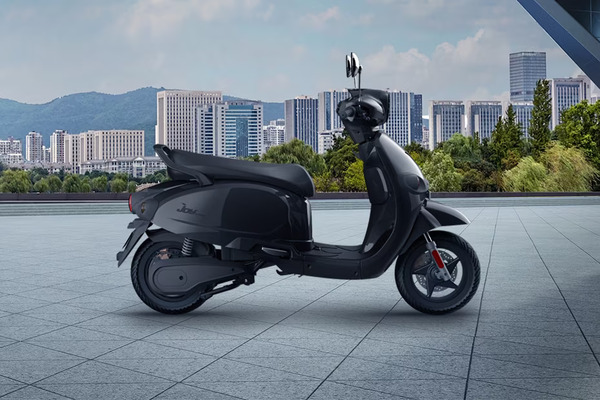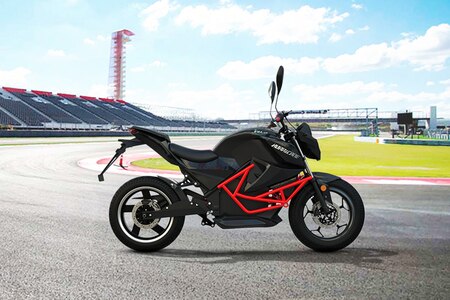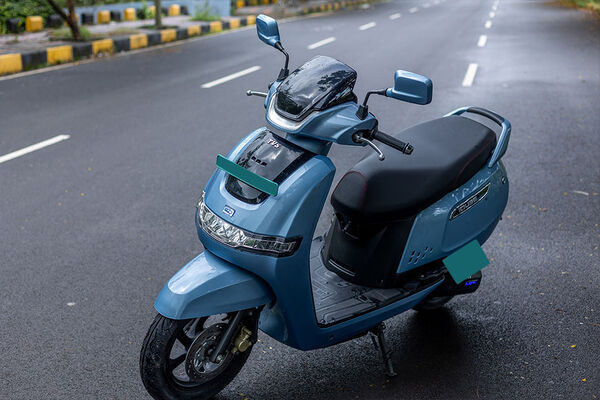Auto loans may get costlier in India. Here's why
- RBI has hiked repo rate by 40 bps which means the rate at which banks lend to customers of vehicles will see a hike.
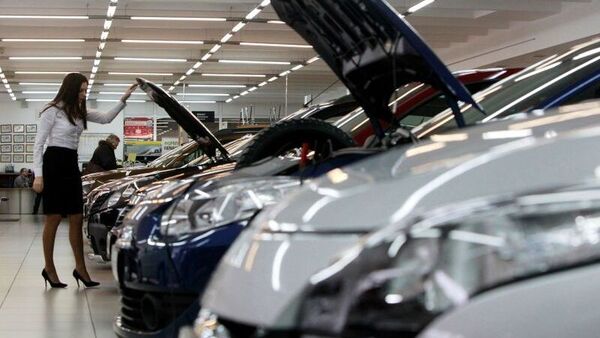

Planning to buy a new car or almost sealed the decision to ride out on that shiny bike? Pause before shifting gears because while OEMs have been hiking model prices owing to factors such as rising input costs, affordability is likely to take a hit for those looking at going through the installment route as the Reserve Bank of India (RBI) hiked its key interest rate by 40 bps, a decision that has taken most by surprise.
The news to hike repo rate is likely to impact a variety of sectors but the automotive sector is particularly worried. Already struggling with wide-ranging challenges, OEMs across segments may see a potential disruption in demand at a time when supply and production has been sluggish. “The RBI’s move of increasing repo rate by 40 bps has clearly taken everyone off guard," said Vinkesh Gulati, President, Federation of Automobile Dealers Associations of India (FADA). “This move will curb excess liquidity in the system and will make auto loans expensive. While PV segment may be able to absorb this shock due to long waiting periods, 2W segment which has been a non performer due to underperforming rural market, vehicle price hikes and high fuel costs, it will not be able to take one more blow of high vehicle loan costs."
Also check these Vehicles
While Gulati predicts ‘brakes on auto retail’ and dampened sentiments, the stock market on Wednesday reflected similar sentiments with auto, realty and bank stocks taking a tumble. Among automakers, Ashok Leyland plunged 4.44 per cent, Bajaj Auto tanked 3.54 per cent, TVS Motor (3.31 per cent), Maruti (3.17 per cent), Hero MotoCorp (3.08 per cent), M&M (2.70 per cent) and Tata Motors (2.11 per cent), according to news agency PTI.
What is repo rate?
Repo rate refers to the rate at which RBI lends to commercial banks. A hike here means a hike in the rate of interest charged on EMIs to people at large. The repo rate has been hiked now to 4.40 per cent from 4 per cent and is the first northward movement since August of 2018.
What is cash reserve ratio?
Cash reserve ratio or CRR is the amount of money that banks have to park with the central bank. More the CRR, the less banks have to lend to people at large. On Wednesday, CRR too was hiked by 50 basis points to 4.5 per cent.
What do the hikes in repo rate and CRR mean for auto sector?
Demand in the Indian automotive sector has been rather lackluster. While passenger vehicles have still been faring reasonably well, supply-chain issues caused by global shortage in semiconductor chip has hurt production and led to long waiting periods. In the case of two-wheelers, demand itself has been sluggish. The commercial vehicle segments haven't impressed either.
With indications of auto loans becoming more expensive, the demand for automobiles across segments is likely to take a hit.







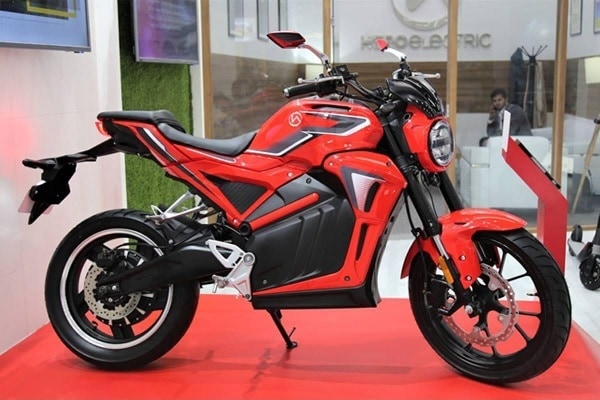
 3.5 kWh
3.5 kWh 160 Km
160 Km

